Historical Fiction – My Favorite Escape
In a recent survey, 80% of avid readers listed historical novels as one of their top three favorite types of books to read. I wasn’t really surprised, since historical fiction, especially historical romance fiction, is my favorite genre. But it got me thinking; why the broad appeal?
First, historical novels provide a fantastic escape. When life gets stressful, the first thing I like to do is pick up a novel. When I read a historical novel, I am transported to another place and time, to a setting so completely different from my reality, that it feels like a vacation without the hassle and expense of travel. Immersing myself in someone else’s life and seeing them triumph over all gives me a lift that lasts long after I close the book. Total escapism can and does happen with modern-day novels, but the less the book contains about present-day issues, the better an escape it provides. Plus, historical fiction lends itself to lovelier, more lyrical writing that modern-day or futuristic novels often lack.
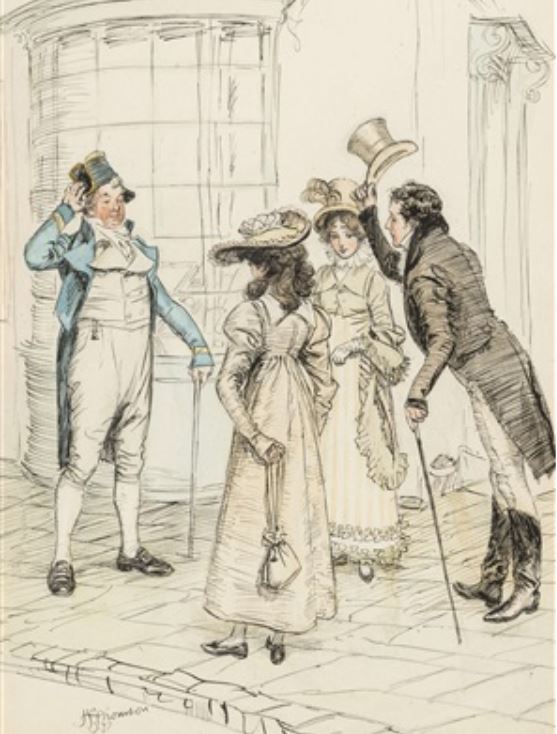 Second, historical novels appeal to the closet history buff. Most authors—myself included—pride themselves on careful research so we put a great deal of effort into getting our facts straight. I know an attorney who loves learning about the Napoleonic Wars and has an entire wall in his library devoted to books—both fiction and nonfiction—about that particular war. I have other friends who adore Jane Austen-era novels, so they devour any books set in the Jane Austen Era or the Regency Era. As a Regency romance author, I continue to extensively research English history, particularly the early 1800s, so I can create a virtual trip through time. Having my facts straight is not just a pretty backdrop for my stories; the manners and mores of society helped shape people who lived in that time, both those who embraced the customs of the time and those who challenged them.
Second, historical novels appeal to the closet history buff. Most authors—myself included—pride themselves on careful research so we put a great deal of effort into getting our facts straight. I know an attorney who loves learning about the Napoleonic Wars and has an entire wall in his library devoted to books—both fiction and nonfiction—about that particular war. I have other friends who adore Jane Austen-era novels, so they devour any books set in the Jane Austen Era or the Regency Era. As a Regency romance author, I continue to extensively research English history, particularly the early 1800s, so I can create a virtual trip through time. Having my facts straight is not just a pretty backdrop for my stories; the manners and mores of society helped shape people who lived in that time, both those who embraced the customs of the time and those who challenged them.
 Third, historical novels help teach others about a particular time in history. Many school teachers incorporate historical novels into their curriculum in addition to non-fiction. Adding historical fiction novels helps round out students’ education, gives students a personal, up-close look at history as seen through the eyes of the characters, and blends history into a story with larger-than-life characters which helps bring the past to vivid, colorful life.
Third, historical novels help teach others about a particular time in history. Many school teachers incorporate historical novels into their curriculum in addition to non-fiction. Adding historical fiction novels helps round out students’ education, gives students a personal, up-close look at history as seen through the eyes of the characters, and blends history into a story with larger-than-life characters which helps bring the past to vivid, colorful life.
How many of us learned more about the Civil War by watching or reading Gone with the Wind than we ever learned in American History class? If Georgette Heyer and other great historical authors had never taken an interest in English history—specifically the Regency Era—most of us would never have heard of the Regency Era, or why it was such a unique and important time in British history.
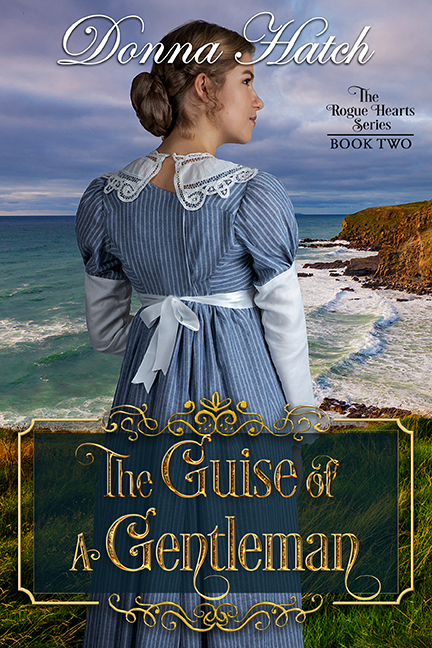 Whiles researching pirates for my pirate novel, The Guise of a Gentleman, I read many non-fiction books about pirates—Blackbeard in particular—and took a detailed online class about pirates and ships and sailing. Lastly, to fill in the blanks, I read several novels about pirates and sea captains from the 1600s to the 1800s. All of this helped provide a solid base upon which I could build my historical pirate story with confidence that I had the knowledge to not only portray the life of a pirate aboard a ship but also get into their minds and figure out what drove them to their chosen lives.
Whiles researching pirates for my pirate novel, The Guise of a Gentleman, I read many non-fiction books about pirates—Blackbeard in particular—and took a detailed online class about pirates and ships and sailing. Lastly, to fill in the blanks, I read several novels about pirates and sea captains from the 1600s to the 1800s. All of this helped provide a solid base upon which I could build my historical pirate story with confidence that I had the knowledge to not only portray the life of a pirate aboard a ship but also get into their minds and figure out what drove them to their chosen lives.
I love many things about historical fiction, but I suppose it comes right down to the people who lived in that time. This may be a skewed and romanticized vision, but I see the people who lived long ago as being more honorable than we are today. In Regency England, duty and honor were everything. If a man said he’d do something, especially if he gave his word, he meant it, and others could count on him to follow through, even if it came at tremendous personal cost.
I love the way people in Regency England spoke so eloquently. The upper classes didn’t maul the language—they used correct grammar and had an enormous vocabulary. They also prized wit and excelled in using understatement. Jane Austen’s novels are almost like poetry. She carefully chose each word for its beautiful wording, imagery, and rhythm.
By the Georgian and Regency Eras, men and women alike were educated and could read, compute complex mathematics, speak multiple languages—French and Latin in particular—and loved philosophical debates. They were also very cultured. From a y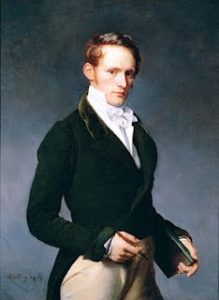 oung age, they were taught to dance, play music, sing, and recite poetry.
oung age, they were taught to dance, play music, sing, and recite poetry.
Men in many historical eras were civilized and treated women with courtesy by standing up when a lady entered the room, doffing their hats, curtailing their language, offering an arm, bowing, and a hundred other little things I wish men still did today. But they were also very athletic; they hunted, raced, fenced, boxed, and rode horses. They were manly. Strong. Noble. Resolute. Honorable.
I love that about them! And that makes them perfect heroes for both historical fiction and historical romance novels.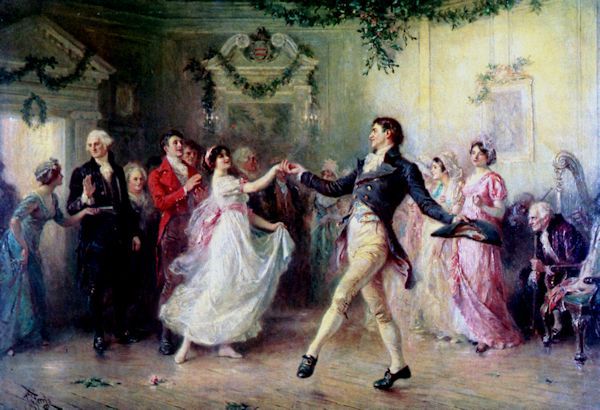
Historical fiction and historical romance, along with all its subgenres, whether it’s Medieval, Georgian, Regency, Victorian, or any other time or place in history, is a here-to-stay genre. And I, for one, couldn’t be more delighted!

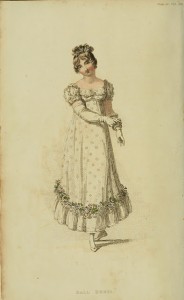
I learned a lot of English history through reading Jean Plaidy. I’m currently reading a historical mystery.
As for the men being more noble, in some ways yes, in some ways no. Men did not see women as equals.
I LOVE TO READ HISTORICAL ROMANCE. THE NOVELS ARE SO PASSIONATE AND THE CHARACTERS ARE DEEPLY IN LOVE WITH EACH OTHER!!!
I absolutely love Regency romances! Although I do enjoy modern
day romances, there is something about the ways of the Regency period that I find captivating. The time lends itself so beautifully to romance and love. I’m in complete agreement with Donna Hatch’s assessment of the Regency era male! Although women were not seen as equals, they were treated with a certain amount of deference and chivalry that is lacking today. When reading a good sweet Regency story, you get that wonderful sense of escape from the everyday cares of the modern world.